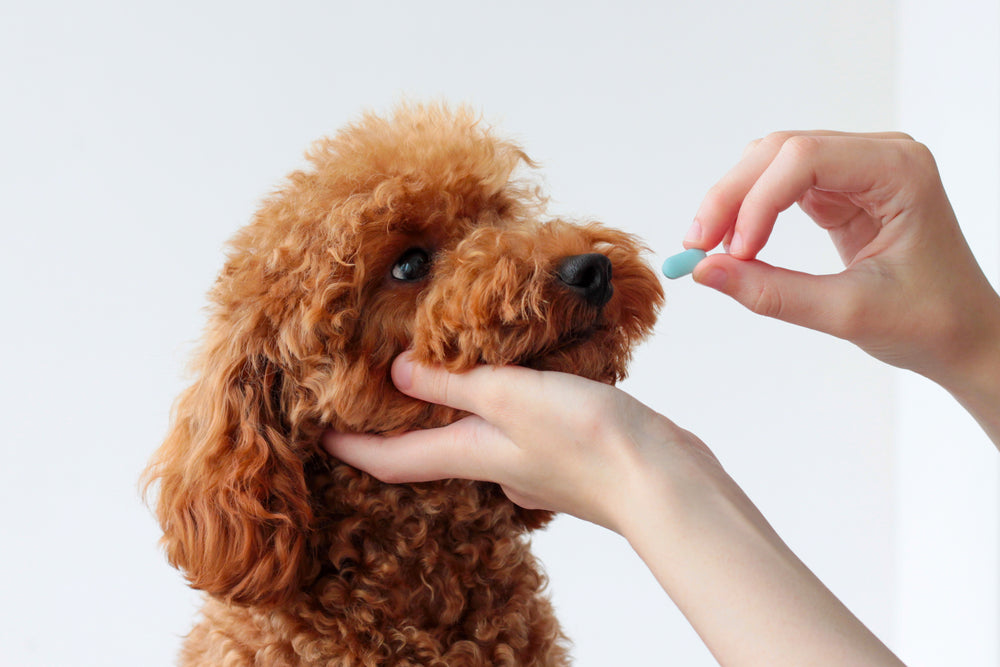
Medicating Your Anxious Dog: Tips and Tricks for Success
If you are a pet owner with an anxious dog, you may feel overwhelmed and unsure of what to do. Anxiety in dogs can manifest in many ways, such as separation anxiety, noise phobias, and generalized anxiety. Fortunately, there are different types of medication and non-pharmacological strategies that can help manage your dog's anxiety.
Types of Anxiety in Dogs
Before discussing medication options, it is important to understand the different types of anxiety that dogs may experience. Separation anxiety is one of the most common types and occurs when dogs become distressed when separated from their owners or guardians. Noise phobias refer to anxiety caused by loud or sudden noises such as thunderstorms or fireworks. Generalized anxiety is characterized by excessive worry and fear that affects a dog's overall behavior and well-being.
Medication for Anxious Dogs
Prescription medication is one option for managing anxiety in dogs. Benzodiazepines are a type of medication that can reduce anxiety by increasing the levels of a neurotransmitter called GABA. Selective Serotonin Reuptake Inhibitors (SSRIs) and Tricyclic Antidepressants (TCAs) are also commonly used to treat anxiety in dogs by regulating levels of serotonin and norepinephrine.
Over-the-counter medication can also be helpful for managing anxiety in dogs. Melatonin, a hormone that helps regulate sleep, can have a calming effect on anxious dogs. Chamomile and L-Theanine are two other over-the-counter options that can promote relaxation in dogs.
Herbal remedies such as Valerian root, Passionflower, and CBD oil are also gaining popularity as a way to manage anxiety in dogs. However, it is important to consult with a veterinarian before using any herbal remedies as they can interact with other medications and have potential side effects.
Non-Pharmacological Strategies for Anxious Dogs
Behavior modification and environmental enrichment are two non-pharmacological strategies that can be helpful for managing anxiety in dogs. Counterconditioning involves creating positive associations with anxiety-provoking stimuli, while desensitization involves gradually exposing dogs to the stimuli in a controlled environment. Environmental enrichment such as exercise, puzzle toys, and calming music can also help reduce anxiety and promote relaxation in anxious dogs.
Tips for Administering Medication to Anxious Dogs
Administering medication to dogs can be a challenging task, especially for dogs that are already anxious. However, there are a few tips and tricks that can make the process easier. Using pill pockets, which are treats with a pocket for hiding medication, can be a simple way to get your dog to take medication. Hiding medication in food, such as cheese or peanut butter, can also be effective. Additionally, using a pill syringe, which is a device for administering medication directly to the back of the dog's throat, can be a good option for dogs that are picky eaters.
If you have an anxious dog, there are a variety of medication and non-pharmacological strategies that can help manage their anxiety. It is important to seek guidance from a veterinarian before administering any medication or supplements to your dog. With the right approach, it is possible to help your anxious dog feel more relaxed and comfortable in their environment.


